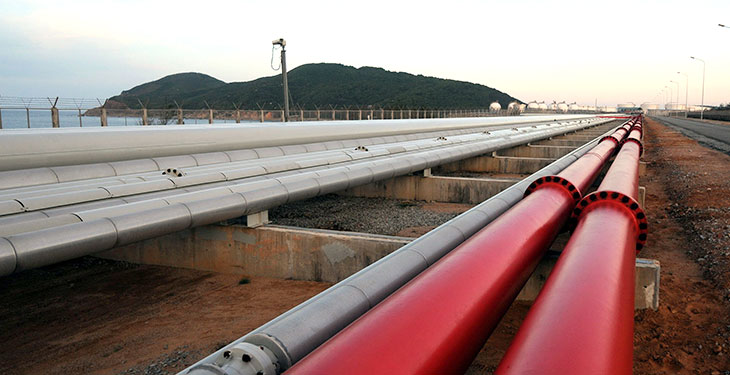Kazakhstan plans to sell some of its oil via Azerbaijan’s largest oil pipeline starting in September as an alternative to the CPC pipeline that Russia has threatened to shut down, several sources told Reuters.
Kazakhstan’s oil exports account for more than 1% of world supplies, or about 1.4 million barrels per day.
For 20 years Kazakhstan has delivered its oil via the Caspian Pipeline Consortium (CPC), one of the largest crude oil pipelines in the world, which brings oil from Kazakhstan to the Russian port of Novorossiisk in the Black Sea.
But in July of this year, a Russian court threatened to shut down the CPC pipeline, so the Kazakh government and foreign oil companies began looking to enter into contracts for other delivery methods as a preventive measure. The problem is that no other alternative is as practical as the CPC pipeline, which increases the risk of new volatilities on the energy markets, according to Agerpres.
A source close to this file stated that the state group “KazMunayGas”, the majority shareholder of KMG International, is in advanced discussions with the trading division of the oil company SOCAR, controlled by the Azerbaijani state, so that a quantity of 1.5 million Kazakh crude to be sold annually through the Baku-Tbilisi-Ceyhan (BTC) pipeline that delivers Azeri oil to the Turkish port of Ceyhan on the Mediterranean Sea. But at a volume of approximately 30,000 barrels per day, it would be an insignificant amount compared to the 1.4 million barrels per day that pass through the CPC pipeline.
The final contract would be signed at the end of August and deliveries of Kazakh oil through the Baku-Tbilisi-Ceyhan (BTC) pipeline would begin in September, added the source cited by Reuters.
In addition, starting in 2023, another 3.5 million tons of Kazakh oil would begin to be transported annually through another Azeri pipeline to the Georgian port of Supsa in the Black Sea, two other sources revealed.
In this way, the combined volume of Kazakh oil deliveries via the two alternative routes would reach more than 100,000 barrels per day, or 8% of the usual deliveries via the CPC pipeline.
